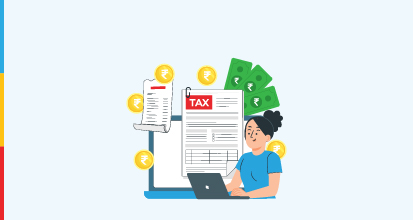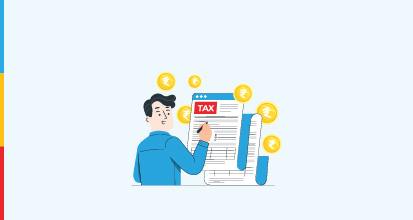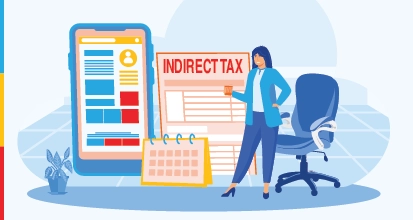Filing ITR for Previous Assessment Years
As per section 139(4) of the IT Act, if you do not file your Income Tax Return within the due date, you may do so before the end of the respective assessment year along with a late fee. For example, for the assessment year 2018-19 (for the financial year 2017-18), a belated return can be filed until 31 March 2019. The belated return time has been amended, and the new time is 3 months prior to the end of the assessment year. For FY 2021-22, it is Dec 22.
You can file returns for the previous years. This can be done, at best, for the two years preceding the current financial year. Thus, If you want to file your ITR for the FY 2017-18, you must do so by the end of the FY 2019-2020.
1. What is a Belated Return under Section 139(4)?
A belated return refers to an income tax return filed after the original due date but before the end of the assessment year. Under Section 139(4) of the Income Tax Act, taxpayers who miss the initial deadline can still file their ITR, albeit with penalties. For instance, if you’re wondering, “Can I file ITR for the last 3 years now?” the answer depends on the specific conditions and timelines discussed below. Filing a belated return ensures compliance but may attract late filing fees and interest on the outstanding tax liability.
2. What is an Updated Return under Section 139(8A)?
An updated return allows taxpayers to rectify errors or omissions in their previously filed ITR or to file one if missed altogether. Introduced in Section 139(8A), this provision permits taxpayers to update their returns for up to two assessment years prior to the current one. This means that if you’re considering “how many previous years ITRs can be filed”, the updated return offers a limited window for correction and compliance.
3. How Many Previous Years ITR Can Be Filed?
You cannot file ITR for the last three years all at once. However, current provisions under Section 139(8A) allow you to file updated returns for the previous two assessment years. For instance, in FY 2024-25, you can file ITRs for AY 2022-23 and AY 2023-24 under the updated return provision.
4. Eligibility Criteria for Filing Previous Year ITR
To file an ITR for a previous year, you must:
- Ensure the income threshold for mandatory filing was met during that financial year.
- Have access to relevant income details and supporting documents.
- Not have been under prosecution or tax scrutiny for the concerned year.


















